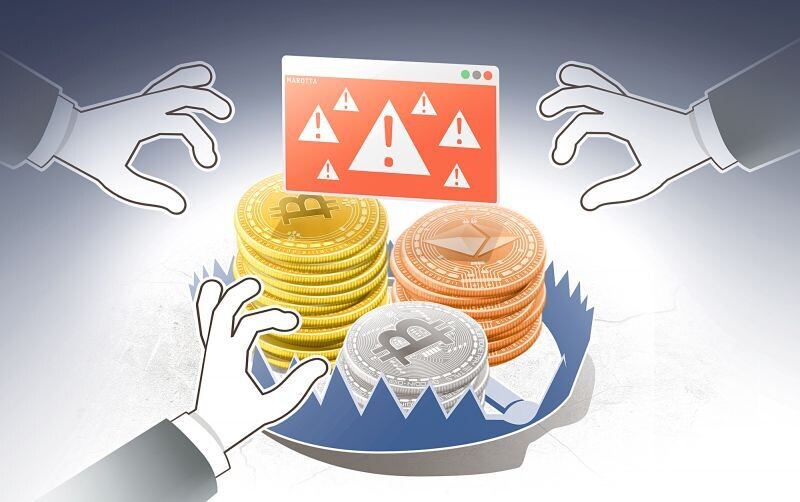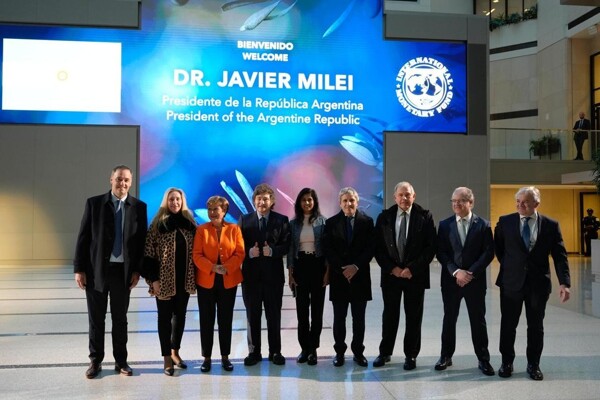
The Securities and Exchange Commission (SEC) has made it clear that memecoins are speculative assets without regulatory backing. In this context, a debate has arisen regarding whether LIBRA can be considered a memecoin. Although President Javier Milei presented it as a token to finance Argentine entrepreneurs, this initiative did not materialize and no mechanism for its implementation was specified.
Crypto sector experts argue that LIBRA is actually classified as a memecoin, defined as being driven by speculation and having little impact on financial markets and the global economy. The SEC's decision on memecoins implies that if a cryptocurrency labeled as a "meme" functions as a disguised security, it is subject to regulatory oversight, although the SEC does not specifically regulate these coins.
Regarding the creation of LIBRA on the pump.fun platform, known for being the origin of many Solana memecoins, it is noted that the memecoin market has a capitalization of $56.9 billion, being highly volatile and risky investments. Unlike conventional cryptocurrencies, memecoins, such as those issued by Trump or Melania, lack a defined purpose and their value is based on speculation.
On the other hand, the SEC does not consider memecoins as securities because they do not represent an investment in a company, do not generate returns, nor grant rights over future assets. This decision exempts memecoin creators from the obligation to register their transactions with the SEC and buyers do not have the protection of U.S. federal laws, although the SEC warns that this does not imply that memecoins can be used to evade regulations.
Julián Colombo, the general director of Bitso Argentina, has indicated that LIBRA lacks certain security controls on the blockchain, unlike those regularly performed by his company, which is regulated by the National Securities Commission. Despite LIBRA being promoted as a project to finance Argentine entrepreneurs, experts claim it is a memecoin, with the peculiarity that it was not presented as such at its launch.
In summary, the SEC has certified that memecoins do not fall into the category of securities under U.S. legislation, which implies that those investing in these assets are not protected by the regulations of that country.














